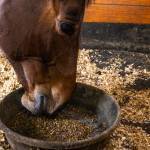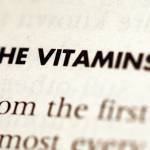Nutrition
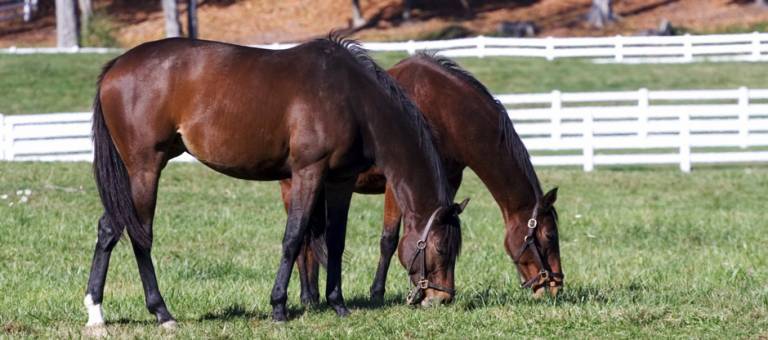
June 01, 2016
Feeding Barren and Early-Pregnant, Nonlactating Mares
Reproductive status determines how breeding mares are nourished. Barren and early-pregnant, nonlactating mares have the same nutrient requirements as
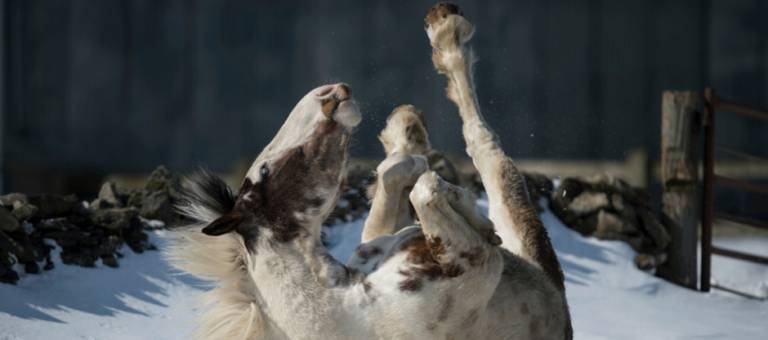
May 17, 2016
Colic in Horses: Feeding Recommendations for Resolving Impactions
As if acute colic episodes involving rolling, sweating, pawing, and an emergency visit from the veterinarian aren’t bad enough,
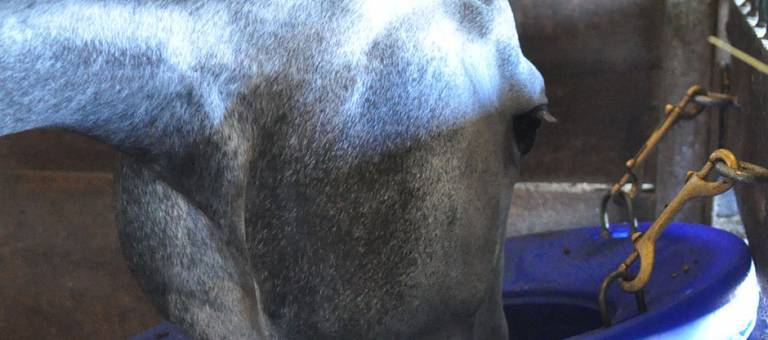
May 12, 2016
Alternative Energy Sources for Performance Horses
Many performance horses thrive off a combination of forage and concentrates to provide adequate energy (calories) to support their
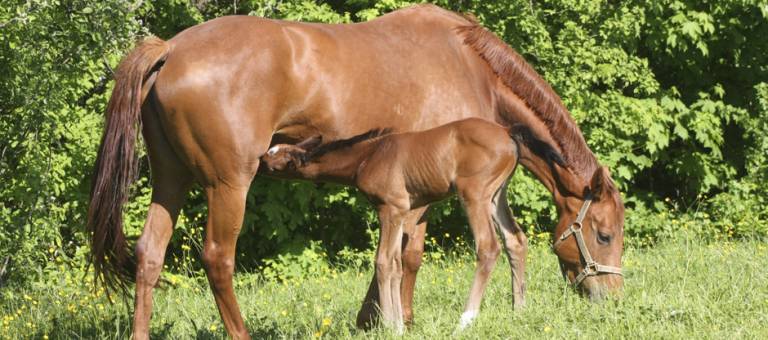
May 09, 2016
Boosting Broodmare Immune Systems
Managing broodmares and providing superior nutrition, especially during the last trimester and lactation, frequently involves offering a variety of nutritional
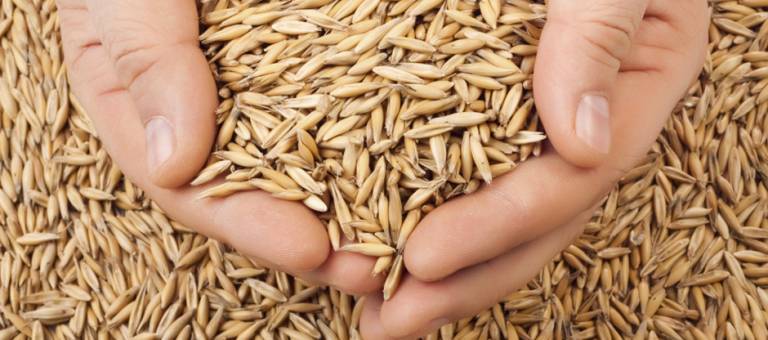
May 04, 2016
Does Your Horse’s Diet Need an Overhaul?
Feeding practices employed by horse owners in the early 1900s frequently relied on traditions, intuition, and word-of-mouth suggestions.
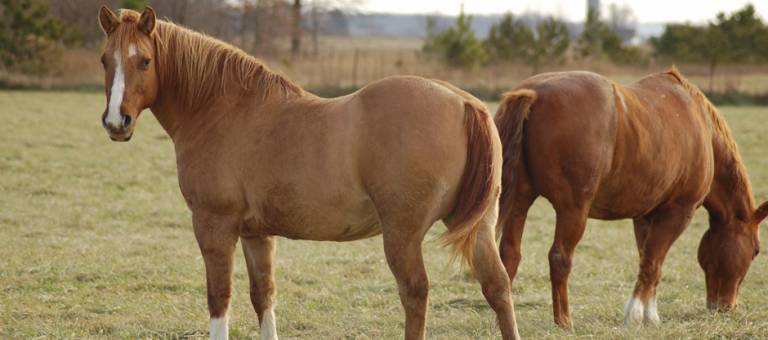
April 29, 2016
Electrolytes for Horses with HYPP
Hyperkalemic periodic paralysis, a genetic defect of horses, causes abnormal function of muscle cells, leading to unbalanced sodium and
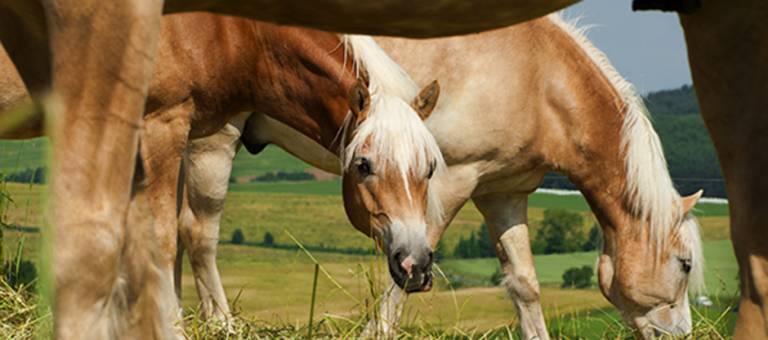
April 26, 2016
Vitamin K Absorption in Horses
According to Nutrient Requirements of Horses, last published by the National Research Council in 2007, vitamin K deficiency in horses
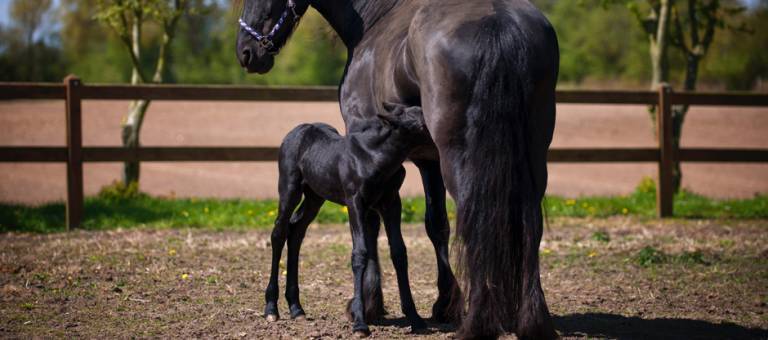
April 21, 2016
Broodmare Nutrition: Advantages of Feeding Omega-3s
The advantages of feeding omega-3 fatty acids to mares and foals are multifold. Supplements containing eicosapentaenoic acid (EPA) and
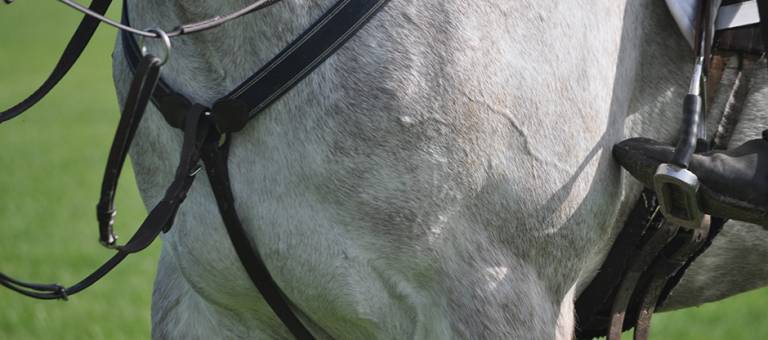
April 18, 2016
Electrolyte Supplementation for Working Horses
As the weather warms in many regions of the world, conscientious riders begin thinking about electrolyte supplementation for their horses. Exactly
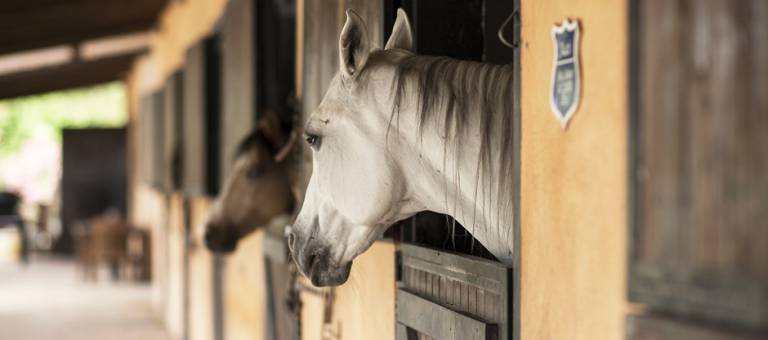
April 13, 2016
Managing Equine Gastric Ulcers Through Nutrition
Scientists know that diet contributes to the formation of gastric ulcers in horses, but what can horse owners do






